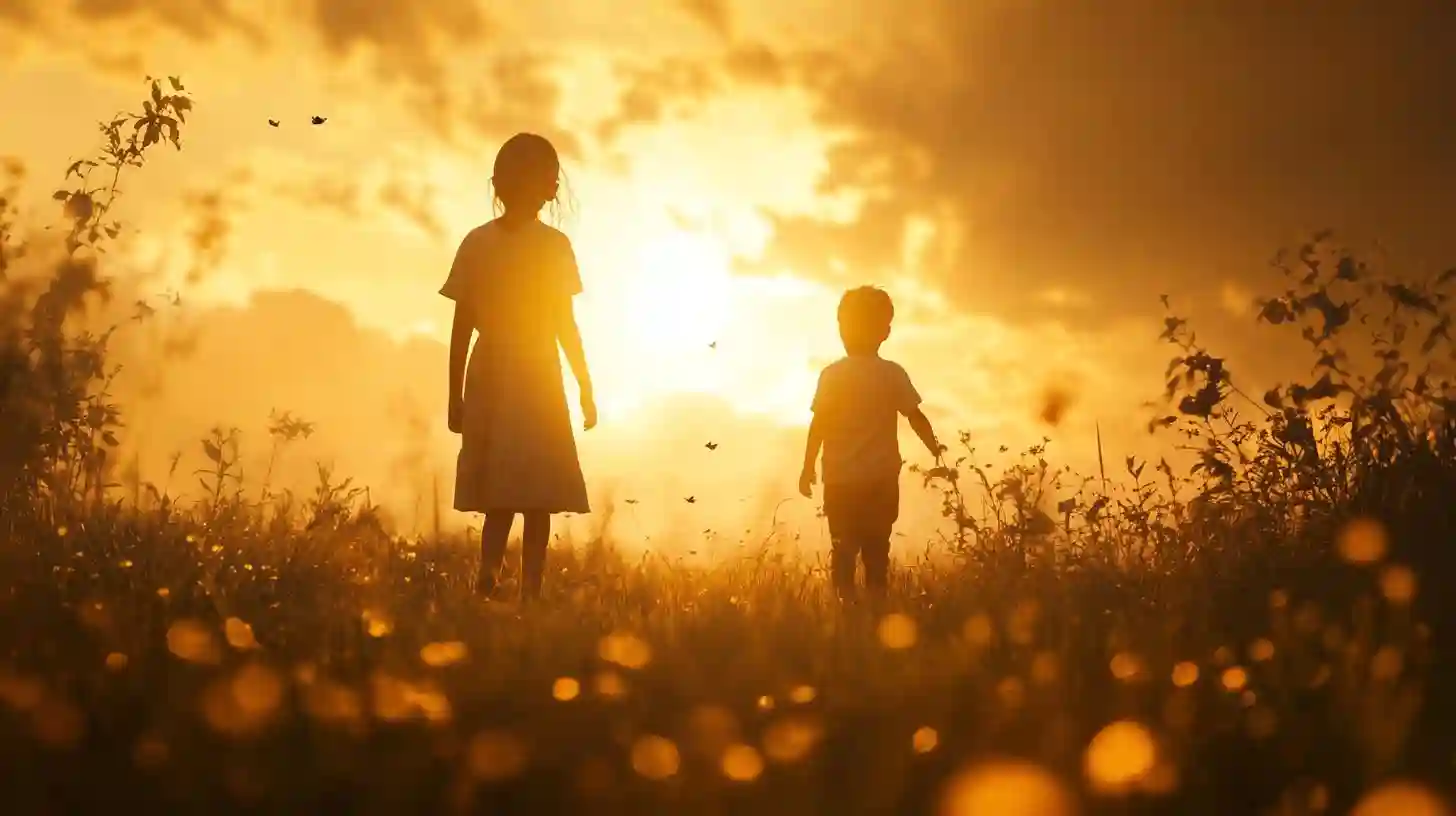
Cinema holds a remarkable power to shape young minds, nurturing their emotional intelligence and helping them navigate the complexities of feelings and relationships. Psychologists and child development experts agree that certain films can serve as invaluable tools for children's emotional development, offering insight into various emotions, encouraging empathy, and promoting understanding of themselves and others.
One timeless classic that resonates with children is the tale of a young girl and her experiences with a fantastical world and her feelings of loneliness and adventure. As she navigates through challenges and befriends unforgettable characters, young viewers are encouraged to recognize their feelings of fear, excitement, and hope. These themes help children articulate their emotions and understand that all feelings are valid, reinforcing the message that it's okay to seek adventure while facing the unknown.
Another significant film revolves around the intricacies of family dynamics and the range of feelings that accompany growing up. This narrative beautifully illustrates the importance of communication and understanding within a family unit. Through the protagonist’s journey of self-discovery amid familial pressures, children can learn about the importance of expressing their needs and feelings, developing critical skills for emotional regulation and interpersonal communication. The characters’ evolving relationships showcase respect and open dialogue, illustrating that empathy is essential in family bonds.
Exploration of friendship and loyalty can also be found in numerous films that feature animal companions embarking on adventures. These narratives often reveal deep emotional connections between characters, emphasizing themes of commitment, sacrifice, and unconditional love. As children watch these friendships unfold, they learn about the significance of standing by friends through adversities and celebrating their victories together. Such experiences contribute to empathy development, as young viewers gain insight into the feelings and motivations of others, reinforcing the idea that relationships require effort and understanding.
A poignant movie tells the story of a young character dealing with feelings of loss and grief after a significant change in their life. As the narrative unfolds, it sensitively addresses themes of sadness, resilience, and acceptance. By witnessing the protagonist's journey through various stages of grief, children are provided a safe space to reflect on their feelings regarding loss, whether it be related to people, pets, or friendships. The portrayal of healing and moving forward shows kids that while grief is a natural response to loss, they can find ways to remember and celebrate the positive memories associated with those they miss.
Adventure films often shine when it comes to the themes of courage and self-acceptance. The hero’s journey is laden with trials that test their bravery and belief in themselves. It often highlights the struggles that follow a character's search for identity, reinforcing that individuals can overcome obstacles, embrace their unique qualities, and realize their strengths. This narrative arc encourages children to develop confidence and resilience, essential traits for navigating their emotional landscape. As children identify with the protagonists embarking on courageous paths, they are inspired to face their own challenges, understand their emotions, and harness their inner strength.
Furthermore, a heartwarming film capturing the essence of diversity and acceptance can play a pivotal role in helping children appreciate differences among individuals. Through storytelling that celebrates various cultures, abilities, and perspectives, children are encouraged to form an inclusive mindset toward others. The exploration of themes such as tolerance, understanding, and friendship allows young viewers to appreciate the richness of diversity while fostering an environment of respect and kindness. As they see characters overcoming prejudices and forming bonds across differences, children learn the essence of equality and compassion, shaping their emotional core.
Lastly, films that incorporate humor and whimsy can also play a significant role in children’s emotional development. By showcasing characters who navigate life’s absurdities and challenges with a light-hearted approach, these stories impart the idea that humor can be a powerful coping mechanism. They invite children to see the lighter side of difficult situations, enhancing their ability to manage stress and emotional upheaval. This balance of laughter amidst adversity creates a foundation for resilience and emotional stability.
As children engage with these expertly recommended films, they embark on a journey of self-discovery and emotional growth. By weaving narratives that address the spectrum of human feelings, these films lay the groundwork for developing empathy, resilience, and emotional understanding. Through cinema, young viewers are equipped with essential tools to navigate their feelings, fostering a generation skilled in emotional intelligence and compassionate relationships. The power of storytelling continues to enrich children’s lives, offering not only entertainment but also invaluable lessons for their emotional development.